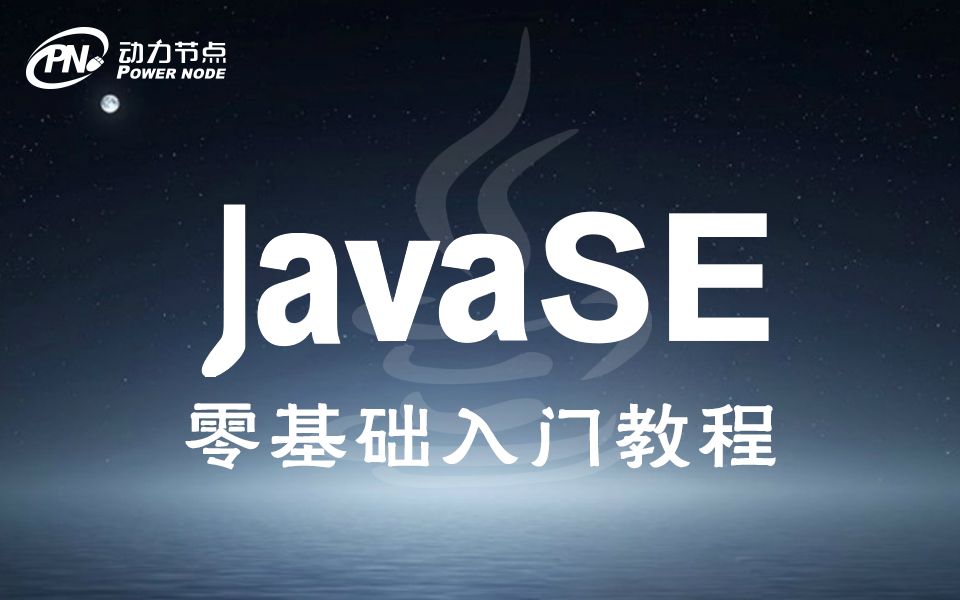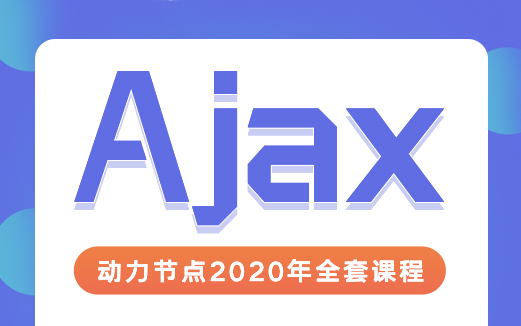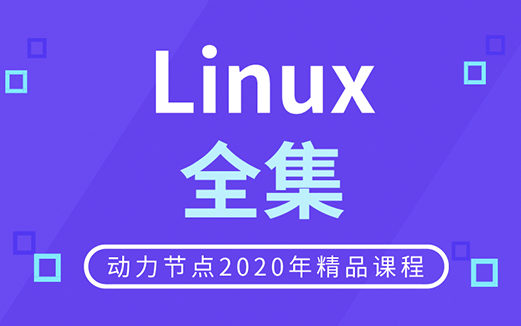Java教程
- Java教程
- Java语言概述
- Java语言发展史
- Java语言的特性
- Java中JDK、JRE、JVM三者之间的关系
- Java程序的开发过程与运行过程
- 编写第一个Java程序
- Java中的注释
- Java中public class与class的区别
Java标识符与关键字
Java变量
Java数据类型
Java运算符
Java控制语句
- Java控制语句概述
- Java选择语句if
- Java switch选择语句
- Java for循环语句
- Java while循环语句
- Java do while循环语句
- Java break语句
- Java continue语句
- Java return语句
Java方法
Java面向对象
Java对象的创建和使用
Java封装
Java中static和this
- Java中this关键字是什么
- Java this关键字的使用(在实例方法中)
- Java this关键字的使用(在构造方法中)
- Java中static关键字
- Java中static静态变量
- Java static静态代码块
- Java static静态方法
Java继承
Java方法覆盖和多态
Java super
Java基础练习题
Java基本数据类型转换
Java基本数据类型之间是存在固定的转换规则的,现总结出以下6条规则,无论是哪个程序,将这6个规则套用进去,问题迎刃而解:
● 八种基本数据类型中,除boolean类型不能转换,剩下七种类型之间都可以进行转换;
● 如果整数型字面量没有超出byte,short,char的取值范围,可以直接将其赋值给byte,short,char类型的变量;
● 小容量向大容量转换称为自动类型转换,容量从小到大的排序为:byte < short(char) < int < long < float < double
注:short和char都占用两个字节,但是char可以表示更大的正整数;
● 大容量转换成小容量,称为强制类型转换,编写时必须添加“强制类型转换符”,但运行时可能出现精度损失,谨慎使用;
● byte,short,char类型混合运算时,先各自转换成int类型再做运算;
● 多种数据类型混合运算,各自先转换成容量最大的那一种再做运算;
接下来,根据以上的6条规则,我们来看一下以下代码,指出哪些代码编译报错,以及怎么解决:
public class TypeConversionTest {
public static void main(String[] args) {
byte b1 = 1000;
byte b2 = 20;
short s = 1000;
int c = 1000;
long d = c;
int e = d;
int f = 10 / 3;
long g = 10;
int h = g / 3;
long m = g / 3;
byte x = (byte)g / 3;
short y = (short)(g / 3);
short i = 10;
byte j = 5;
short k = i + j;
int n = i + j;
char cc = 'a';
System.out.println("cc = " + cc);
System.out.println((byte)cc);
int o = cc + 100;
System.out.println(o);
}
}
编译报错,错误信息如下所示:
图4-16:类型转换编译错误提示信息
如何修改,请看以下代码:
public class TypeConversionTest {
public static void main(String[] args) {
//1000超出byte取值范围,不能直接赋值
//byte b1 = 1000;
//如果想让上面程序编译通过,可以手动强制类型转换,但程序运行时会损失精度
byte b1 = (byte)1000;
//20没有超出byte取值范围,可以直接赋值
byte b2 = 20;
//1000没有超出short取值范围,可以直接赋值
short s = 1000;
//1000本身就是int类型,以下程序不存在类型转换
int c = 1000;
//小容量赋值给大容量属于自动类型转换
long d = c;
//大容量无法直接赋值给小容量
//int e = d;
//加强制类型转换符
int e = (int)d;
//int类型和int类型相除最后还是int类型,所以结果是3
int f = 10 / 3;
long g = 10;
//g是long类型,long类型和int类型最终结果是long类型,无法赋值给int类型
//int h = g / 3;
//添加强制类型转换符
int h = (int)(g / 3);
//long类型赋值给long类型
long m = g / 3;
//g先转换成byte,byte和int运算,最后是int类型,无法直接赋值给byte
//byte x = (byte)g / 3;
//将以上程序的优先级修改一下
byte x = (byte)(g / 3);
short y = (short)(g / 3);
short i = 10;
byte j = 5;
//short和byte运算时先各自转换成int再做运算,结果是int类型,无法赋值给short
//short k = i + j;
int n = i + j;
char cc = 'a';
System.out.println("cc = " + cc);
//将字符型char转换成数字,'a'对应的ASCII是97
System.out.println((byte)cc);
//char类型和int类型混合运算,char类型先转换成int再做运算,最终197
int o = cc + 100;
System.out.println(o);
}
}
运行结果如下图所示:

图4-17:类型转换测试





